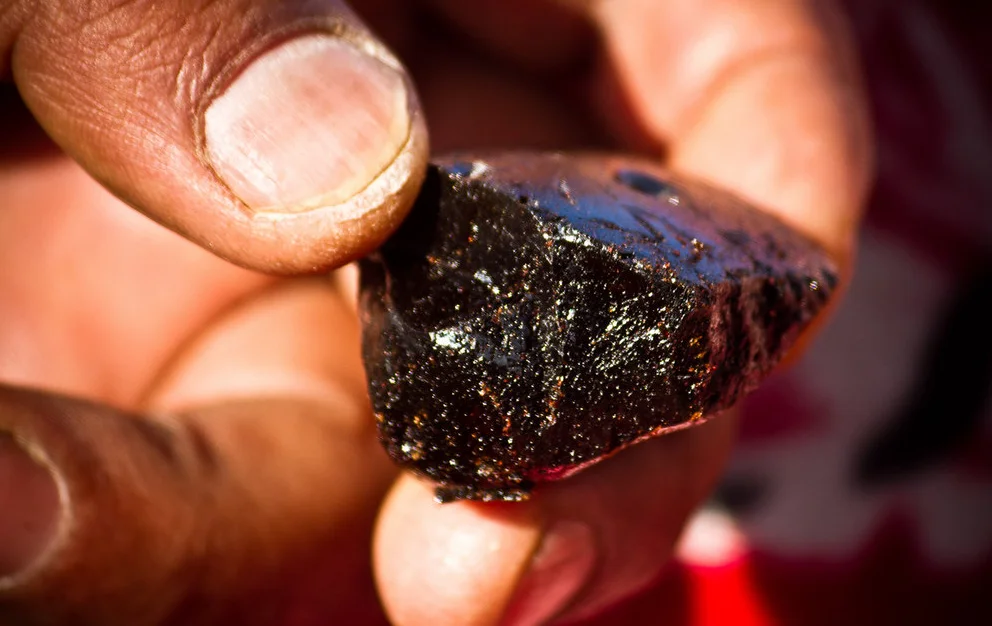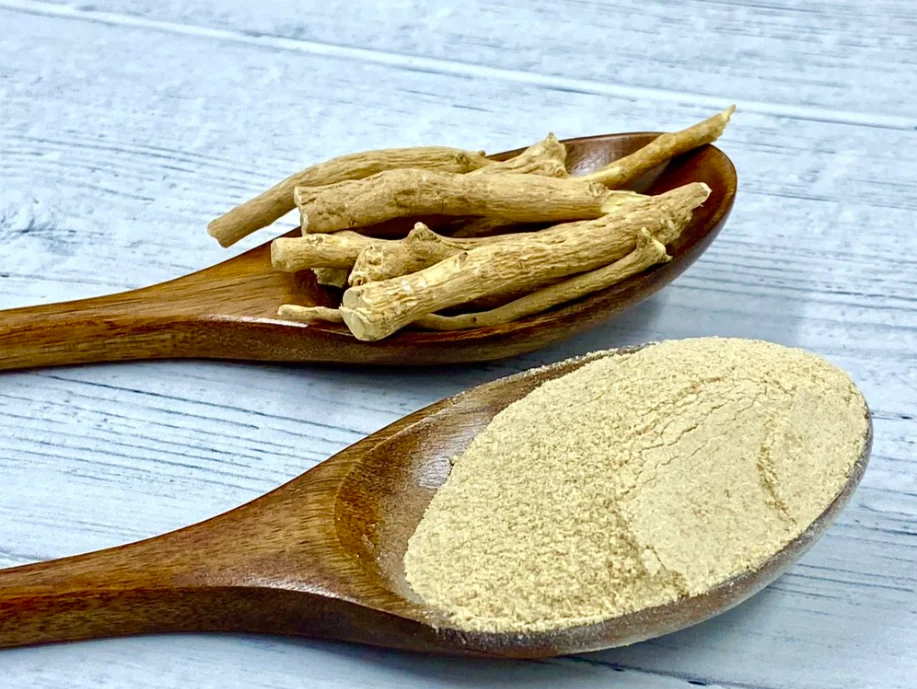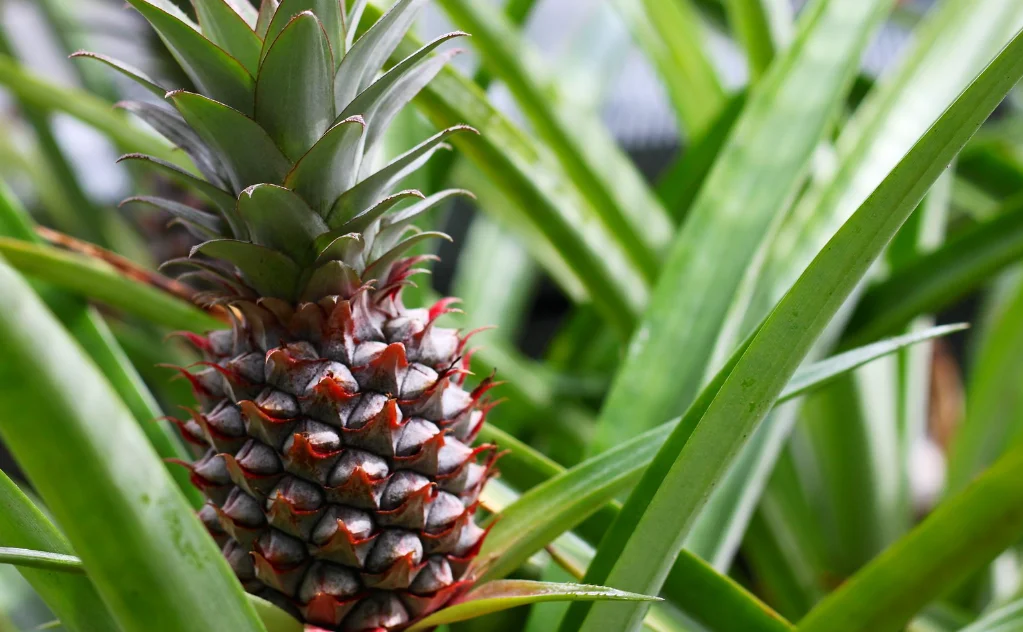
Muscle cramps, impacting more than 37% of the population, are sharp and painful muscle contractions that typically endure for a few seconds or minutes, affecting any muscle in the body. These cramps stem from various factors like dehydration, specific medical conditions, intense workouts, and imbalances in electrolytes.
Experiencing a muscle cramp can be incredibly frustrating, particularly when you’ve worked hard to build your strength and endurance. Finding the right solution becomes essential, potentially involving incorporating foods that alleviate muscle cramps to restore peak performance.
That’s why integrating nutrient-rich foods can play a vital role in both preventing and alleviating cramps. Here are nine foods renowned for their ability to combat these spasms.
Watermelon
Dehydration stands out as a leading trigger for muscle cramps. Ensuring proper hydration is crucial for optimal muscle function, preventing the cells in your muscles from seizing up and causing cramps.
Apart from staying hydrated by drinking water, incorporating watermelon into your diet can significantly contribute to your hydration needs. This fruit boasts a staggering 92 percent water content alongside a rich array of vitamins and minerals, making it an excellent choice for a hydrating snack throughout the day.
Watermelon is particularly valuable for its potassium and magnesium content, aiding in the maintenance of balanced electrolytes within the body. Imbalances in these essential minerals can disrupt normal bodily functions, hindering the body’s response to fatigue and leading to overactive muscles.
Avocado
Avocados earn their “super fruit” status thanks to their robust blend of vitamins, fiber, and healthy monounsaturated fats. Notably, they pack a punch of magnesium and potassium, essential for staving off and alleviating muscle cramps. These minerals play a vital role in activating electrically charged substances that support crucial bodily functions.
Post intense workout sessions, avocados make a fantastic addition to your diet. Laden with B vitamins and monounsaturated fats, they aid in muscle repair and can rev up your metabolism as you gear up for a satisfying meal.
Greek Yogurt
Greek yogurt stands out as one of the top-notch healthy dairy options to fend off and alleviate muscle cramps. It boasts high levels of potassium, calcium, and phosphorus, key players in maintaining the body’s electrolyte balance.
The calcium content in Greek yogurt plays a crucial role in regulating muscle contractions, ensuring their proper functionality. Inadequate calcium intake can pose risks like irregular heartbeat and muscle cramps.
This dairy gem also serves as an excellent source of animal protein, essential for muscle tissue growth and repair. Consuming Greek yogurt post-workout aids in replenishing vital nutrients, facilitating quicker recovery, and reducing the susceptibility to cramps.
Incorporating one to two cups of low-fat Greek yogurt into your daily routine offers its nutritional perks while aligning with your weight management objectives. However, if you have hormonal imbalances or a history of eczema or acne, consulting your doctor before adding Greek yogurt to your diet is advisable.
Coconut Water
When seeking a natural, refreshing drink to stay hydrated and replenish lost nutrients, coconut water emerges as an excellent choice. Unlike processed beverages like Vitamin Water, it offers a wealth of nutritional advantages. Packed with vital minerals such as phosphorus, magnesium, sodium, potassium, and calcium, coconut water plays a pivotal role in balancing electrolytes within the body.
This tropical elixir stands out as a top remedy for muscle cramps triggered by electrical stimulation in the body. Consuming it post an intense workout provides muscles with the necessary boost for proper recovery, reducing the likelihood of workout or sports-related injuries.
Beyond its hydrating prowess, coconut water delivers additional benefits for heart health, kidney function improvement, and blood sugar regulation. Low in calories and devoid of fat and cholesterol, it presents itself as a healthful beverage choice.
Fermented Foods
Incorporating fermented foods like kimchi and pickles into your diet can effectively assist in managing muscle spasms. These foods result from fermentation, a process where yeast and bacteria break down sugars in food. Aside from enhancing food preservation, fermented foods enrich the gut with probiotics or beneficial bacteria.
The probiotics found in fermented foods offer a range of advantages, including promoting weight loss, boosting immunity, and enhancing digestion. They also play a role in improving muscle function and mass, thereby reducing the likelihood of experiencing cramping.
Small amounts of pickle juice, when consumed, can aid in reducing muscle cramps caused by electrolyte imbalances. Similarly, sauerkraut and kimchi can provide a similar effect.
Integrating one or two servings of fermented foods into your routine can supply the body with the necessary probiotics for health improvement. These can be consumed as condiments alongside meals or even as a pre-meal supplement to enhance digestion. However, exercising caution to avoid overconsumption is advisable to prevent potential occurrences of diarrhea.
Beet Greens
Beet greens offer a wealth of nutritional benefits that make them a fantastic addition to any diet. Packed with iron, potassium, magnesium, B6, vitamin K, and fiber, these leafy greens can be consumed raw. They also contain nitrates, which aid in lowering blood pressure and boosting oxygen levels, enhancing athletic performance.
Incorporating beet greens into your meals is an effective strategy for reducing the risk of muscle spasms. These versatile greens complement various dishes, such as pasta recipes, soups, proteins, mashed potatoes, green bean casseroles, and roasted beets, amplifying their nutritional value.
Given their tendency to retain sand particles, it’s advisable to thoroughly wash beet leaves in a water basin, swirling them repeatedly to remove any soil. Assess their quality by smell and appearance; discard any leaves that show signs of mold or an off-putting odor or appearance.
Nutritionally, a cup of cooked beet greens covers over 20 percent of the recommended intake for magnesium and potassium. Additionally, this serving contains B vitamins, phosphorus, and calcium, all contributing to optimal muscle health.
Salmon
Salmon stands out for its abundance of omega-3 fatty acids and protein, making it a valuable aid in preventing muscle cramps. This oily fish contains healthy anti-inflammatory fats that, when combined with essential minerals like phosphorus, magnesium, and potassium, contribute to improved muscle function.
A six-ounce serving of cooked salmon delivers over 200 percent of the recommended daily intake of vitamin B12. A diet rich in this vitamin supports increased blood cell production, aiding in the efficient delivery of oxygen to muscles. Vitamin B12 also plays a role in preventing muscle cramps, cognitive disruptions, dizziness, and fatigue.
Moreover, salmon serves as a notable source of iron, fostering blood cell production and enhancing blood flow, thereby optimizing the circulation of oxygenated blood in muscle tissues. When consumed in appropriate amounts, iron contributes to the prevention of muscle cramping.
The presence of vitamin D in salmon is pivotal for muscle function. This vitamin helps alleviate muscular symptoms such as weakness, spasms, or pain, particularly when muscles are strained or stressed.
Sardines
Sardines, despite their small size, pack a punch in terms of essential nutrients crucial for muscle function and growth. They boast a rich supply of magnesium, vitamin D, sodium, potassium, phosphorus, iron, and calcium, all contributing to the prevention and alleviation of muscle cramps.
The high selenium content in sardines plays a key role in muscle function. A selenium deficiency can lead to muscular issues like weakness. Selenium aids in calcium release in the body, enhancing the performance of skeletal muscles.
For those actively involved in intense physical activity seeking protein variety, sardines serve as an excellent choice. Beyond their protein richness, they also provide a hefty dose of omega-3 fatty acids, known for their anti-inflammatory properties, fostering expedited muscle recovery.
As per FDA recommendations, consuming two to three servings of sardines a week (up to 12 ounces for adults and up to 6 ounces for children) suffices. Integrating sardines into your diet not only promotes bone health but also helps lower the risk of weight gain.
Bone Broth
Bone broth is a concoction crafted by simmering animal bones in water, often enhanced with spices, herbs, or apple cider vinegar to elevate its flavor and nutritional profile. Allowing it to cook for an extended period, sometimes up to 8 hours, aids in softening the connective tissues within the bones and extracting valuable collagen.
Incorporating bone broth into your diet can fortify your defenses against muscle cramps. This nourishing elixir helps maintain hydration levels and supplies the body with essential minerals like sodium, calcium, and magnesium. Moreover, bone broth boasts a rich reservoir of anti-inflammatory amino acids, promoting reduced inflammation and fostering enhanced muscle recovery.
Now You Know the Best Foods For Muscle Cramps
Consuming foods packed with essential minerals and vitamins can aid in both preventing and recovering from muscle discomfort. Make sure to incorporate these muscle-cramp-fighting foods into your diet for natural relief.




Great article and right to the point. I don’t know if this is in fact
the best place to ask but do you folks have any thoughts
on where to get some professional writers? Thanks in advance 🙂 Lista
escape room
I will immediately grasp your rss feed as I can not
in finding your e-mail subscription link or newsletter service.
Do you have any? Kindly let me understand in order that I may
just subscribe. Thanks.
I don’t think the title of your article matches the content lol. Just kidding, mainly because I had some doubts after reading the article.